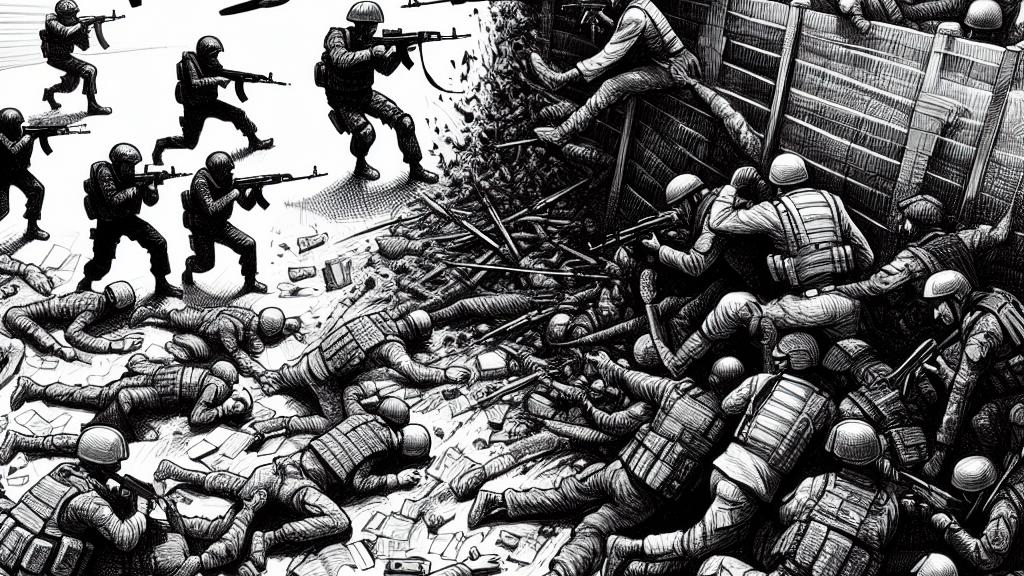Mali Slams the Door on Ukraine: Wagner Ambush Fallout Ignites Diplomatic Crisis!
Overview
- Mali has severed diplomatic relations with Ukraine following allegations of Kyiv's involvement in a deadly ambush.
- The Malian military faces major losses against Tuareg rebels, leading to serious accusations against Ukraine.
- This incident underscores Mali's pivot towards Russia and its rejection of Western alliances, particularly with France.

Backdrop of the Diplomatic Fallout
The diplomatic rift between Mali and Ukraine began after violent clashes erupted on July 25, 2024, near the border with Algeria, where Malian forces, alongside Russian Wagner Group mercenaries, faced off against Tuareg rebels. The battles resulted in gruesome casualties with reports suggesting that around 84 Wagner fighters and 47 Malian soldiers were killed. Compounded by the statement from Ukrainian military intelligence implying that they provided essential operational information to the rebels, the situation escalated. This revelation not only shocked the Malian government but also highlighted the increasing complexity of international involvement in Mali's ongoing conflicts, where the government has struggled to contain insurgencies for over a decade.
Malian Reaction and Diplomatic Ramifications
In an official response, Mali's government expressed outrage at Ukraine’s perceived betrayal, leading to the immediate severance of diplomatic ties. Colonel Abdoulaye Maiga, a prominent government spokesperson, characterized Ukraine's actions as a violation of Malian sovereignty, accusing them of collaborating with terrorist factions responsible for the ambush. This strong statement marks a significant shift in Mali's foreign policy, leaning heavily towards Russia while shunning its former colonial ally, France. As the Malian junta seeks to consolidate power and regain stability, this diplomatic break reflects a broader narrative of nationalism and a defensive posture against foreign influence, which many in Mali view as unwelcome interference in their internal affairs.
Geopolitical Implications and Future Challenges
The collapse of diplomatic relations with Ukraine not only signals a critical turning point for Mali but also poses serious implications for regional security and geopolitical dynamics in West Africa. Mali's military alliance with Russia and reliance on Wagner Group mercenaries have come under scrutiny, as reports indicate that their presence has led to increased violence and human rights abuses. Moreover, as Mali distances itself from Western support, the potential for isolation grows, complicating efforts to combat terrorism and provide humanitarian aid. The situation emphasizes the urgent need for dialogue among international powers, with Mali caught in a precarious balancing act between international support and internal stability, as rising violence from extremist groups continues to threaten its sovereignty and the safety of its citizens.

Loading...